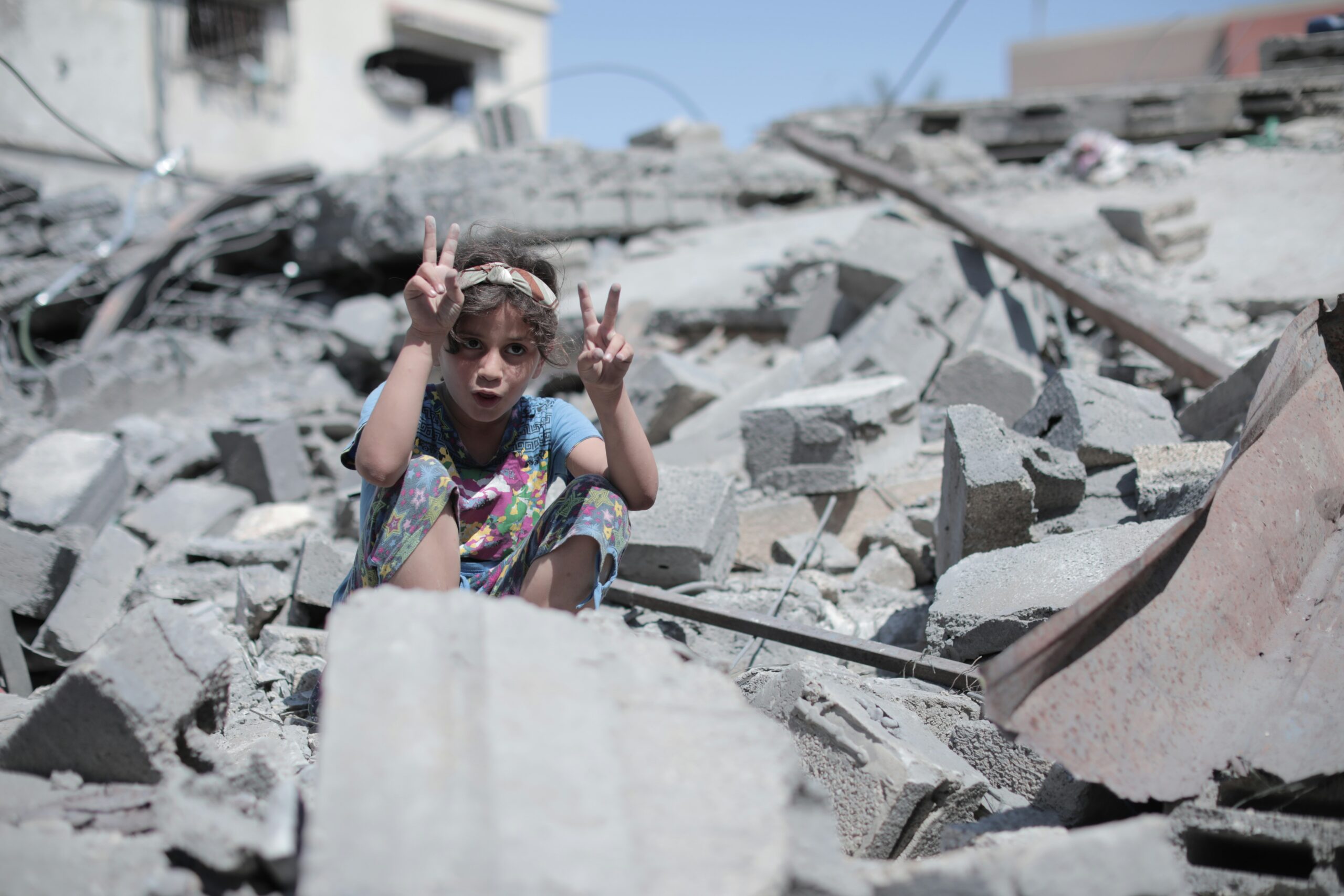
The ongoing crisis in Gaza has escalated into a profound humanitarian catastrophe, drawing attention from global leaders and humanitarian organizations. Turkish President has emphasized that the situation in Gaza is not just a regional conflict but a critical issue that will determine the future of humanity. He urges the international community to take immediate and decisive action to mitigate the suffering and restore peace.
Key Facts
- Over 61,000 Palestinians, mostly women and children, have been killed due to ongoing conflicts.
- Essential services in Gaza, including food, water, and healthcare, have collapsed, pushing the region towards a humanitarian disaster.
- Israel’s actions have been described by the Turkish President as a policy of annihilation, raising serious international law concerns.
Background
The Gaza Strip, historically a flashpoint in Israeli-Palestinian relations, has seen a significant escalation in violence. Months of bombardment have left the region in ruins, with homes, hospitals, schools, and religious sites destroyed. The severe degradation of essential services has precipitated a humanitarian emergency, characterized by hunger, thirst, and the looming threat of epidemic diseases.
International Reactions and Inaction
International reactions to the Gaza crisis have been mixed, with some global powers displaying what the Turkish President criticizes as ‘double standards.’ Quick responses in other international crises contrast starkly with the more tepid reactions to the situation in Gaza. This inconsistency has led to a further erosion of trust in the international order that is supposed to operate on agreed principles and rules.
What’s Next
Turkey has been actively involved in providing relief and advocating for peace. Alongside Qatar, Turkey has pushed for ceasefire negotiations and facilitated the delivery of humanitarian aid. The Turkish President underscores the need for an immediate ceasefire, the establishment of humanitarian corridors, and the protection of civilian lives through international mechanisms. He also calls for the accountability of war crimes through international courts and emphasizes the importance of a comprehensive reconstruction plan for Gaza that includes economic development and political representation.
The crisis in Gaza not only poses a humanitarian dilemma but also a strategic threat to regional stability and global peace. The situation has escalated tensions and could potentially disrupt the security balance across the Middle East. As the world watches, the response to this crisis may indeed define the contours of international relations and humanity’s ethical stance on conflict resolution.


